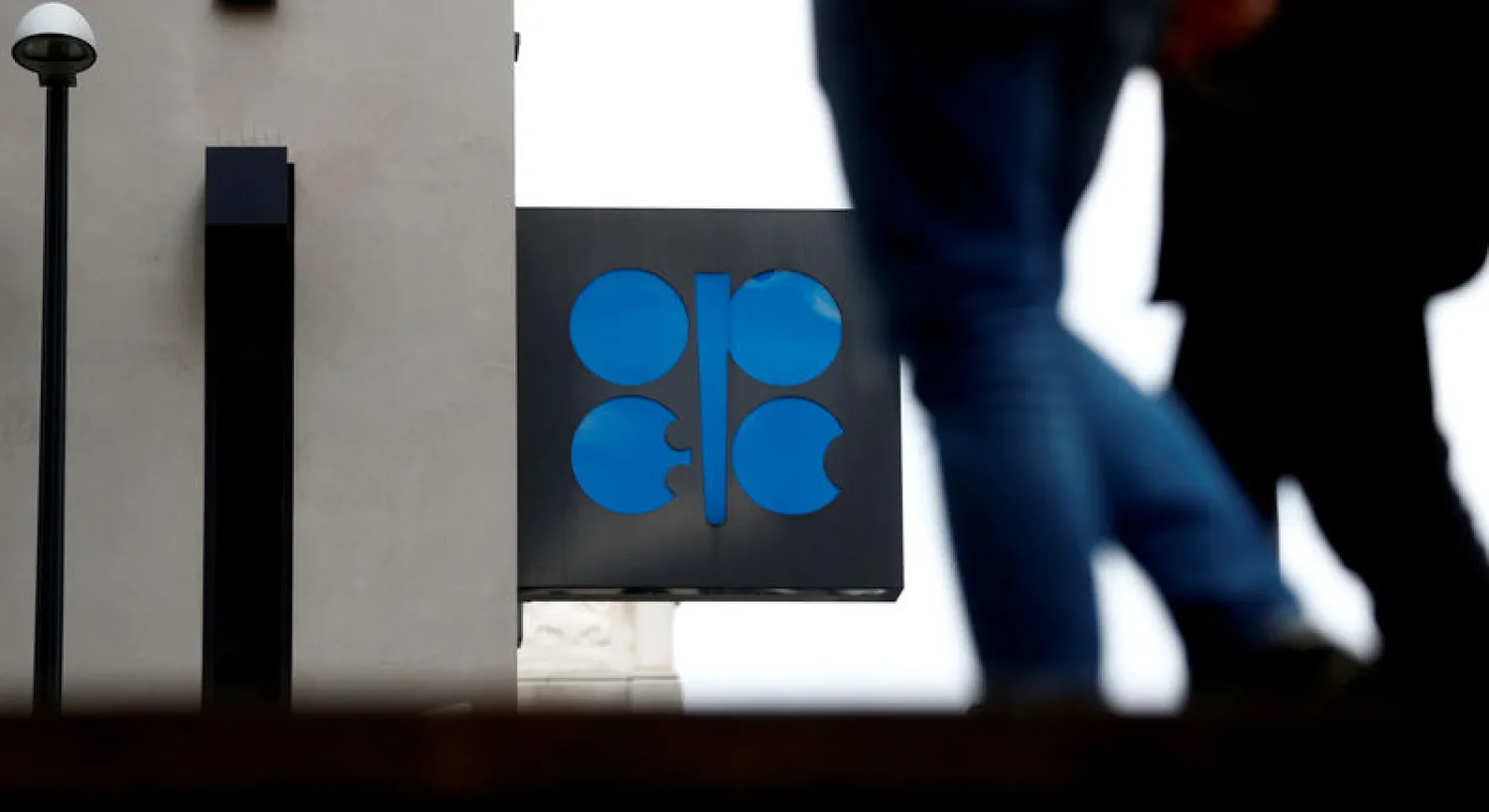The OPEC and non-OPEC countries in a global oil output deal will consider increasing output by 1.5 million per day in the third quarter only, Russian Energy Minister Alexander Novak said on Saturday, the TASS news agency reported.
Russia and Saudi Arabia have agreed to extend cooperation indefinitely and will discuss the agreement in Vienna next week, Novak said.
He stated that the gradual increase is possible from July 1, but the countries who joined the global oil production cut deal are yet to discuss all the terms. The OPEC and non-OPEC countries are also meeting next week in Vienna.
Oil prices fell more than $2 after two of the world's biggest oil producers indicated they could increase oil output at the OPEC meeting next week, while US exports are threatened by Chinese customs duties on crude and refined products.
Investors are tense ahead of the Vienna meeting. Saudi Arabia and Russia have already increased their production of crude slightly.
Brent crude ended the week at $2.50, or 3.29 percent, at $73.44 per barrel.
US WTI crude fell 1.83 dollars, or 2.74 percent, closing at $65.06 a barrel.
After closing the official trading session for the oil market, China announced the imposition of retaliatory tariffs on US products worth 50 billion dollars, in response to a series of customs announced by US President Donald Trump.
Over the past six months, the US has exported an average of 363,000 barrels per day of crude oil to China which is the largest buyer of US crude along with Canada.
On the other hand, the number of active oil rigs in the US rose for a fourth week in a row, despite a 9 percent fall in crude prices over the past month. Despite this decline, producers still expect their oil prices in 2018 to be higher than in 2017.










